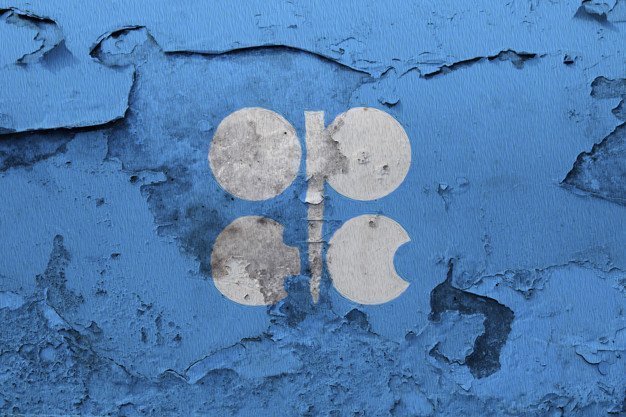Oil prices fell on Monday, with Brent falling below $80 a barrel, as investors monitor this week’s OPEC+ meeting and expectations of supply cuts in 2024.
Brent crude futures were down 91 cents, or 1.1%, at $79.67 a barrel by 12:17 GMT. U.S. West Texas Intermediate (WTI) crude oil futures lost 89 cents, or 1.2%, to $74.65.
Both contracts lost $1 in early trading, posting their first weekly gains in five weeks last week on expectations that Saudi Arabia and Russia could move voluntary supply cuts to early 2024 and OPEC+ could discuss plans to further reduce production.
African countries have been unable to agree on supply cuts, with analysts expecting at least Saudi and Russian cuts to continue. According to data, the United Arab Emirates is preparing to increase its Murban crude oil exports at the beginning of next year.
In the middle of last week, prices fell after the Organization of the Petroleum Exporting Countries (OPEC) and its allies, including Russia, known as OPEC+, postponed a ministerial meeting to November 30 to resolve differences over production targets for African producers. However, some OPEC+ sources said on Friday that the group had since moved closer to a compromise.
Market sentiment remains negative given the disagreement within OPEC+ over production quotas, but they expect Saudi Arabia to roll over its additional voluntary cut of 1 million barrels per day (bpd) to next year, analysts said.
If this does not happen, this will put further downward pressure on the market. However, analysts also say that increasing crude stocks in the US may put downward pressure on prices.
On the other hand, efforts to restart Iraq’s crude oil exports to the north via Turkey continue. A deputy minister said Iraqi oil officials will meet with representatives of international oil companies and Iraqi Kurdish officials in early December to discuss contract changes at the heart of the issue.
The International Energy Agency (IEA) said it expects a slight surplus in global oil markets in 2024 even if OPEC+ countries extend their cuts to next year.
With the IEA predicting global oil demand will rise by just 0.9 million barrels per day next year, down from 2.4 million barrels per day in 2023, OPEC+ will have to show significant supply discipline to ease market concerns of a deep glut in oil markets next year.
Following the ceasefire and hostage exchange in Gaza and the decrease in geopolitical tensions in the Middle East, oil prices also stabilized.

